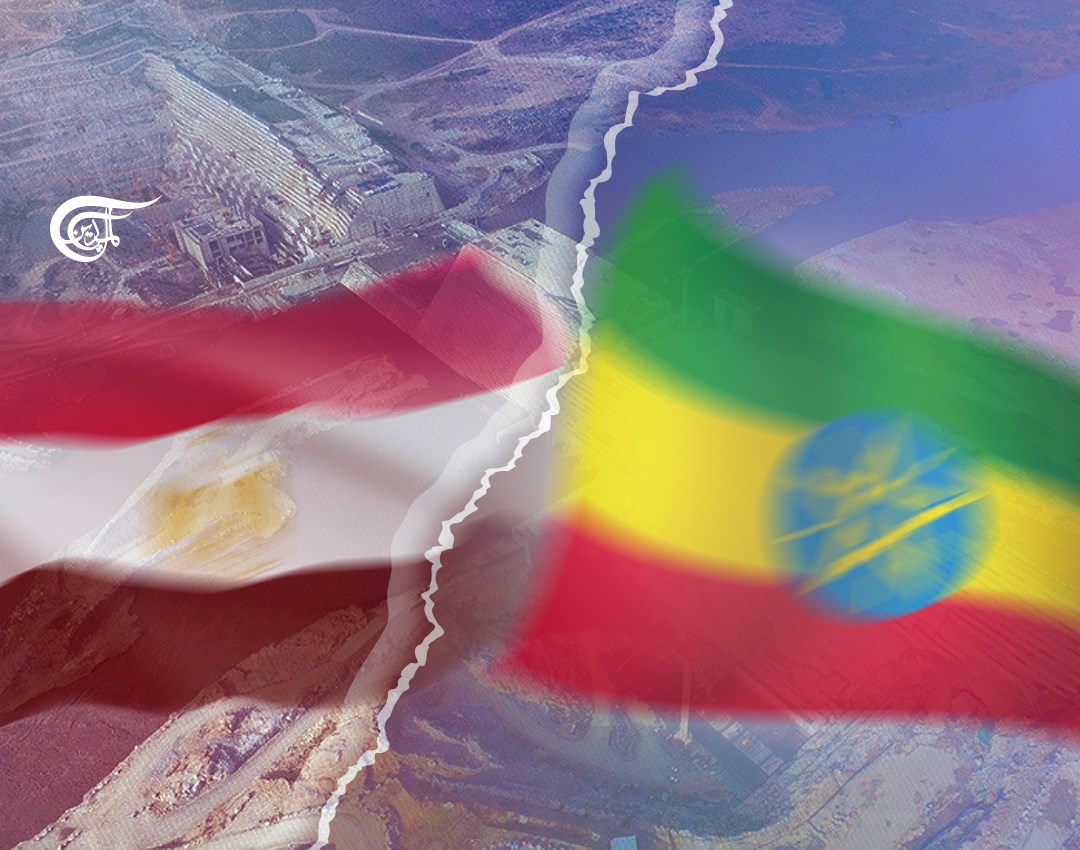The Nile will be Shared or it will Start the 21st Century ‘Water Wars.’
Developing nations’ commitment to environmentally destructive ‘modernization projects’ threatens an era of yet more pointless strife and regional division.
Developing nations’ commitment to environmentally destructive ‘modernization projects’ threatens an era of yet more pointless strife and regional division.
Last week’s second filling of the Grand Ethiopian Renaissance Dam (GERD) was more than the culmination of one country’s defining modernization project. It was the end-point of a progression of such projects working their way up the Nile from British colonial Egypt in the late 19th and early 20th centuries, promising a version of modernization whereby the natural basis of civilization is destroyed in the name of economic growth.
The formation of the GERD’s reservoir, creating a lake larger than metropolitan London, necessarily means disrupting the river’s natural flow. By how much could be an existential question for both Egypt and Sudan which derive the majority of their water from the Blue Nile, originating in the Ethiopian Highlands. Some estimates have projected the river’s discharge into Sudan and Egypt could be reduced by as much as a third.
As well as providing natural irrigation for agriculture, the river also deposits some of the world’s most fertile silts, further enhancing the productivity of the land and also providing crucial building materials for millions who live along its banks.
In Egypt, this natural cycle which shaped the country for millennia has already been interrupted since the completion of the Aswan High Dam in the late 1960s and is likely to be compounded further. Farmers upriver in southern Sudan are already reporting noticeable interruptions in the depositing of natural silts, attributable to the GERD’s filling.
Even allowing for the usual rhetoric, one can expect from any government, Cairo’s decades-old threats of a military response to any restriction on its access to the river’s waters should be taken seriously.
At the core of these water-disputes is an outmoded conception of what economic modernization looks like, one whose pursuit merely compounds the very problems it is intended to solve.
Imperial Britain’s dam-building sprees in Egypt and Sudan were conspicuously continued in the post-colonial era, in which the new regimes also bought into imported notions of development that were primarily intended to create colonial economies; cash-crops that were to be grown for export, the main example here being cotton.
Like so much else of the modern world, the present diplomatic and legal baggage has been inherited from the colonial era, specifically the 1929 treaty and its 1959 revision, giving Egypt veto power over any projects in upstream nations that might impede the flow of the river. Ethiopia, having not been under British occupation at the time of the signing, has never been a party to it and so does not recognize its validity. With half of its population of its estimated 117 million people still lacking reliable access to electricity, Addis Ababa insists the project is necessary to improve the lives of its citizens. A measure of the project’s importance to ordinary Ethiopians is that many have personally contributed to the $4 billion financings of the 6,000 megawatt hydropower station.
The Nile’s much coveted waters are perhaps the most prominent but by no means the only example of potential conflicts in the region over access to the most basic necessity of life. Tajikistan and Kyrgyzstan came to blows in April over localized water disputes in the heavily dammed Amu Darya and Syr Darya river basin. Iraq and Syria have similarly seen the flow of the Tigris and Euphrates rivers constricted by an ever-expanding network of dams built by Turkey on their upper reaches.
This is not a question of whose claim on the river’s water is the ‘correct’ one, they all are. The survival of all basin countries is, as Herodotus might have said, ‘the gift of the Nile.’ If Ethiopia is not able to provide the most basic amenities to its people, then ecologically destructive projects such as the GERD are inevitable. Likewise, if Ethiopia’s ‘development’ threatens access to Sudan and Egypt’s most basic means of subsistence, these same works of infrastructure will be the first targets in the ‘water wars’ that are surely on the horizon.
It’s only when governments stop assuming that they must secure their share of a natural good by taking it away from someone else, that access and benefit of all can be achieved.
None of this is to say that the solution to such a problem is obvious or easy, but a promising start may lie in these countries re-evaluating the meaning of words like ‘modernization’ and ‘development,’ and coming to their own mutually agreed arrangements instead of appealing to those dictated by former colonizers.

 Samuel Geddes
Samuel Geddes
 5 Min Read
5 Min Read












